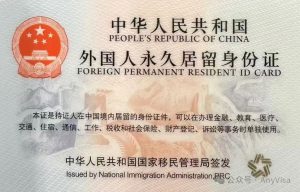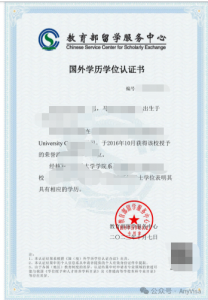In today’s globalized world, an increasing number of foreign nationals are choosing to build long-term careers and lives in China. Applying for permanent residency has become a key pathway to achieving this goal. However, the journey toward Chinese permanent residency is not always smooth. A minor oversight can result in a rejected application.
Below, we summarize some common cases of failed applications to help others steer clear of these pitfalls and boost their chances of approval.

Common Cases of Failed Applications
Case 1: Illegal Employment History Disqualifies Applicant
Applicant A, a foreign worker based in Shanghai, was confident about submitting his permanent residency application—only to be rejected due to a history of illegal employment. This case highlights that lawful employment is a foundational requirement. Engaging in unauthorized work, even temporarily, severely jeopardizes one’s eligibility for permanent residency.
Case 2: Falsified Company Recommendation Letter Leads to Rejection
Applicant B attempted to apply for employment-based permanent residency in Shanghai using a forged company recommendation letter. The deception was uncovered, and the application was denied. It’s crucial to submit original and truthful documentation. Fabricating materials not only results in failure but may also lead to legal consequences.
Case 3: Insufficient Annual Stay in China Causes Application Failure
Applicant C, who applied for a family reunification-based residency in Shanghai, was denied because they had not met the minimum requirement of residing in China for at least nine months each year. Accurate calculation and pre-application planning are essential. Working with professional agencies for evaluations can ensure all criteria are satisfied.

Case 4: Lack of Local Residence and Employment Derails Application
Applicant D from Wenzhou applied for family reunification residency. However, the application was declined because the Chinese spouse did not own property in their registered residence area, and the applicant did not work in that region. Family reunification requirements vary by city. Many cities require the applicant to own property and reside long-term locally.
Case 5: Doctoral Degree Without CSCSE Certification Gets Rejected
Applicant E applied in Shenzhen under the PhD category, but their degree was not recognized by China’s CSCSE (Chinese Service Center for Scholarly Exchange), resulting in rejection. This category requires two essential conditions: a CSCSE-certified doctoral degree and long-term employment with a valid visa in cities like Shanghai, Beijing, or Shenzhen. Both are non-negotiable.

Case 6: Income and Tax Contributions Below Threshold Lead to Denial
Applicant F’s employment-based application in Beijing was refused due to insufficient income and tax contributions. As of 2025, Beijing requires a minimum annual salary of RMB 840,000 and taxes paid of RMB 168,000 for four consecutive years. Applicants must plan their finances carefully to meet these rigorous standards.




